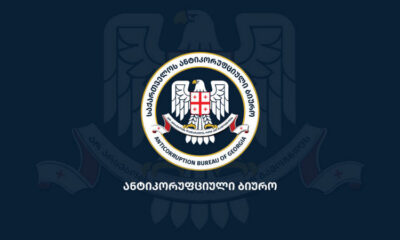Политика1 неделя ago
Граница Армении с Турцией и Азербайджаном: оценки и расчеты
Обсуждение вопроса открытия границ Армении с Турцией и Азербайджаном активизировалось после трехсторонних соглашений лидеров Армении, США и Азербайджана в Вашингтоне....


























